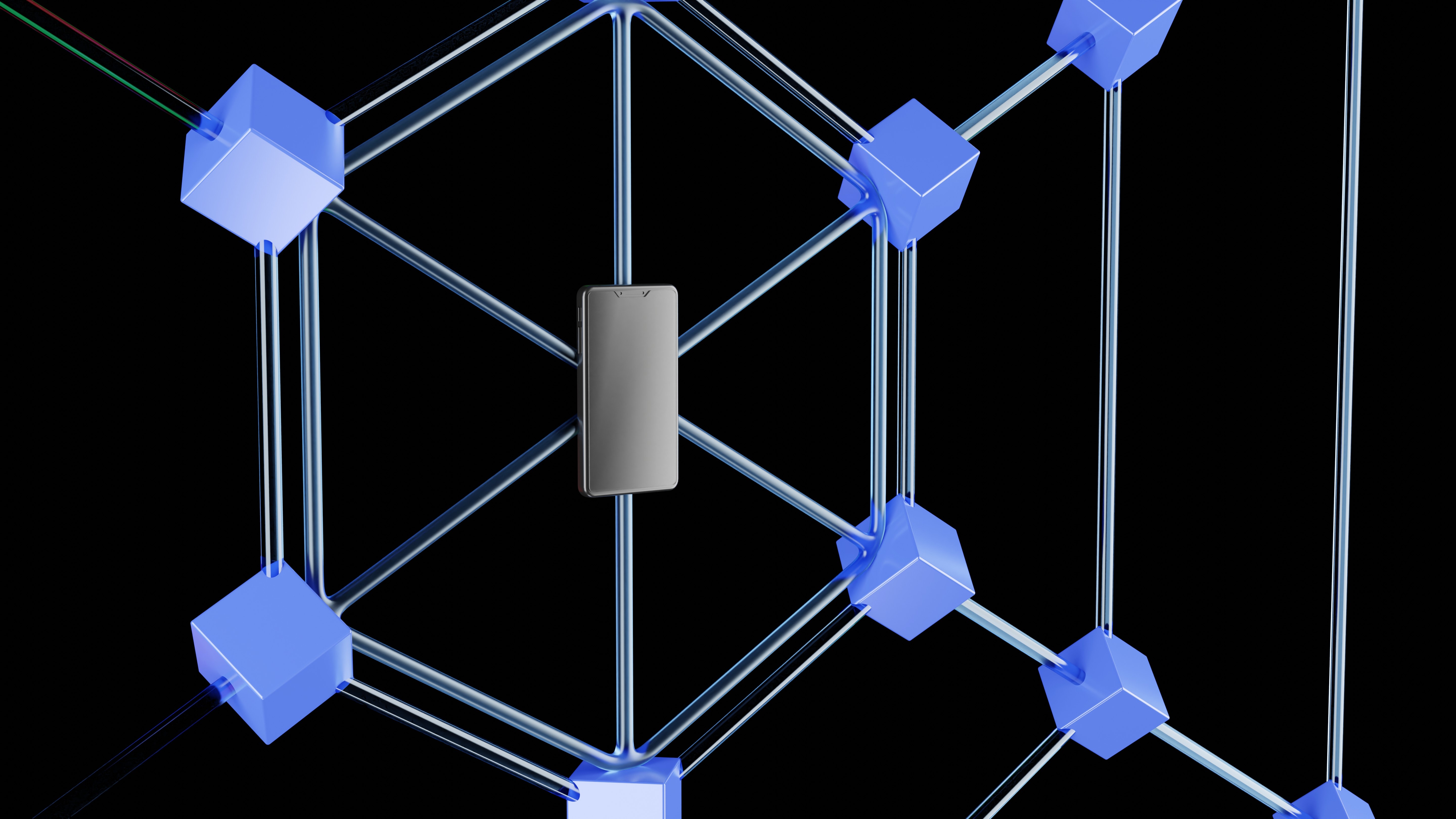Revolutionizing Money: The Opportunities and Hurdles of Decentralized Finance in the Digital Age

Content Table:
1. Introduction to Decentralized Finance (DeFi)
2. Pros of Decentralized Finance
- Accessibility and Financial Inclusion
- Cost-efficiency
- Transparency and Security
- Democratization of Finance
- Programmability and Innovation
3. Cons of Decentralized Finance
- Scalability Issues
- Technological Complexity
- Regulatory and Legal Uncertainty
- Security Risks
- Impermanent Loss
5. Frequently Asked Questions (FAQs)
1. Introduction to Decentralized Finance (DeFi)
Decentralized finance, or DeFi, has been a buzzword in the world of cryptocurrencies and blockchain technology in recent years. DeFi aims to create a more open, accessible, and transparent financial ecosystem by leveraging the power of blockchain technology to remove intermediaries from the equation.
But what exactly are the pros and cons of decentralized finance?
In this article, we'll explore the advantages and disadvantages of DeFi and provide some insights on this emerging trend in finance.
2. Pros of Decentralized Finance

- Accessibility and Financial Inclusion
One of the most significant benefits of DeFi is its potential to offer financial services to a broader population. Traditional financial institutions often exclude those without a credit history, a bank account, or a stable income. DeFi allows anyone with an internet connection and a compatible device to access various financial services, promoting financial inclusion and bridging the gap between the unbanked and the traditional banking system. -
Cost-efficiency
DeFi eliminates intermediaries like banks, clearinghouses, and payment processors, which reduces transaction fees and increases efficiency. This cost-effectiveness can be particularly beneficial for international transactions, where traditional banking systems often charge exorbitant fees and require multiple days for processing. - Transparency and Security
DeFi platforms operate on public, transparent blockchain networks, providing users with insight into all transactions, which helps prevent fraud and corruption. Additionally, blockchain's decentralized nature helps ensure security, as it removes the single point of failure that exists in traditional financial systems. - Democratization of Finance
By allowing people to invest, lend, and borrow without relying on traditional financial institutions, DeFi democratizes access to financial services. This democratization allows users to have more control over their financial decisions and helps level the playing field for those who have been traditionally excluded from the world of finance. - Programmability and Innovation
DeFi platforms are highly programmable and customizable, allowing developers to create innovative financial products and services. This flexibility has led to the creation of novel financial tools like yield farming, liquidity mining, and flash loans, which offer new opportunities for users to generate income and grow their wealth.
3. Cons of Decentralized Finance

- Scalability Issues
DeFi platforms currently face scalability challenges, as blockchain networks like Ethereum struggle to handle large volumes of transactions. This issue can lead to slow transaction times and increased transaction fees, which may deter some users from adopting DeFi services. - Technological Complexity
The complex nature of DeFi platforms and the underlying blockchain technology can create a steep learning curve for users, especially those who are not familiar with cryptocurrencies and smart contracts. This complexity may hinder the adoption of DeFi among the general public and create barriers for those who could potentially benefit from it the most. - Regulatory and Legal Uncertainty
The regulatory landscape surrounding DeFi is still uncertain, as governments and regulatory bodies worldwide grapple with how to classify and regulate decentralized financial services. This uncertainty can create challenges for DeFi platforms and their users, as regulations may change rapidly, potentially leading to the shutdown of some services or the freezing of user assets. - Security Risks
While blockchain technology is generally considered secure, DeFi platforms are not immune to security risks. Smart contracts, which power many DeFi applications, can be vulnerable to hacks and exploits if they contain coding errors or security flaws. Additionally, the nascent nature of the DeFi industry means that some platforms may not have undergone thorough security audits, potentially putting user funds at risk. - Impermanent Loss
Users who provide liquidity to DeFi platforms may experience impermanent loss, a phenomenon that occurs when the value of the assets they deposit into a liquidity pool fluctuates. Impermanent loss can result in users losing a portion of their initial deposit, which may discourage some individuals from participating in DeFi activities such as liquidity provision and yield farming.
4. Conclusion
.jpg?width=2048&height=1536&name=fabio-oyXis2kALVg-unsplash%20(1).jpg)
Decentralized finance has the potential to revolutionize the financial industry by offering more accessible, transparent, and cost-efficient services. While there are numerous benefits to DeFi, such as increased financial inclusion and innovative financial products, there are also significant challenges, including scalability issues, technological complexity, and regulatory uncertainty.
As the DeFi space continues to evolve, it will be crucial to address these challenges to ensure the long-term success and widespread adoption of decentralized financial services.
5. Frequently Asked Questions (FAQs)
Q: What is decentralized finance (DeFi)?
- A: Decentralized finance, or DeFi, is a movement that leverages blockchain technology to create open, accessible, and transparent financial services, removing intermediaries like banks and other traditional financial institutions.
Q: What are the main advantages of DeFi?
- A: Some key advantages of DeFi include increased accessibility and financial inclusion, cost-efficiency, transparency and security, democratization of finance, and the potential for innovation in financial products and services.
Q: What are the primary challenges facing DeFi?
- A: DeFi faces several challenges, such as scalability issues, technological complexity, regulatory and legal uncertainty, security risks, and impermanent loss for liquidity providers.
Q: Can anyone use DeFi services?
- A: Yes, anyone with an internet connection and a compatible device can access DeFi services. However, users should be aware of the potential risks and complexities associated with using DeFi platforms.
Q: How can I get started with DeFi?
- A: To get started with DeFi, you'll need to acquire cryptocurrency (such as Ethereum) and set up a digital wallet. From there, you can explore various DeFi platforms and services to find those that align with your financial goals and risk tolerance.
Stay up to date with us:
- Twitter: https://twitter.com/B4Real_Official
- Facebook: https://www.facebook.com/b4realofficial
- Discord: https://discord.gg/PaWFVngZ
- Telegram: https://t.me/blacktiedigital
- Youtube: https://www.youtube.com/BlackTieDigitalOfficial
- Spotify: https://open.spotify.com/show/7JB76wKfBNBwBU7tCi61QP?si=mjAX8CVCRvakDLZgEGIYzw

.jpeg)
